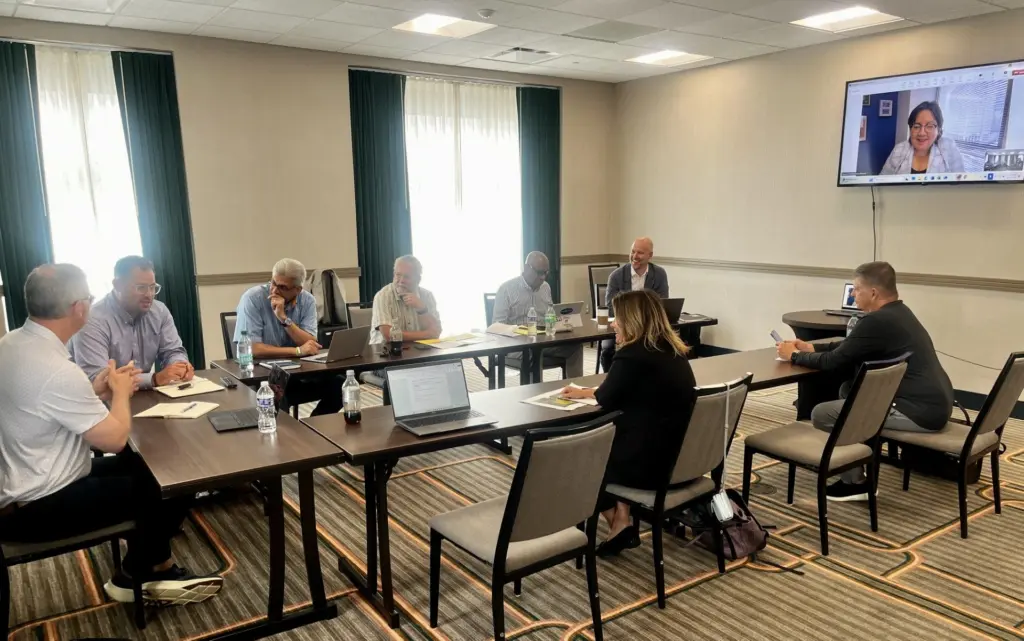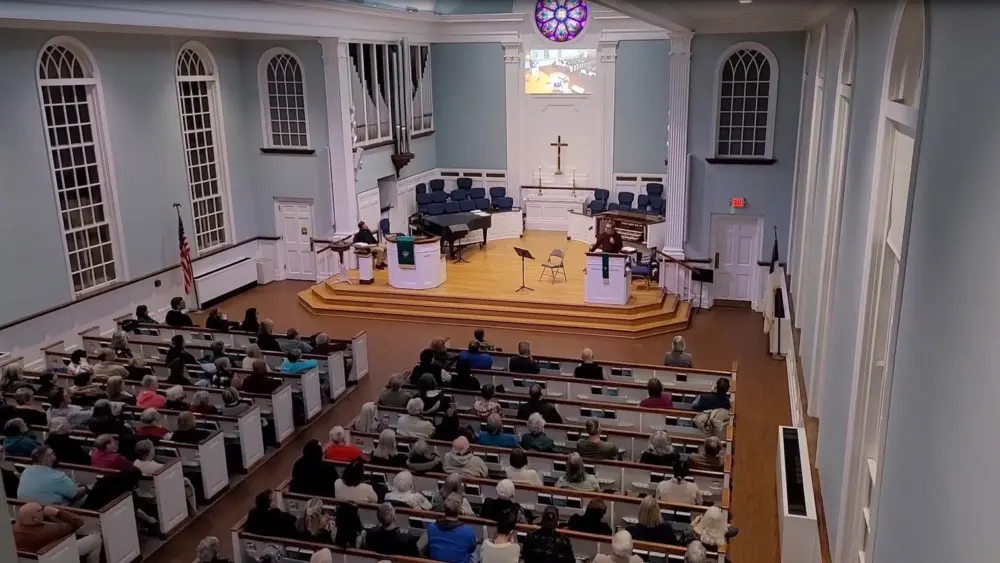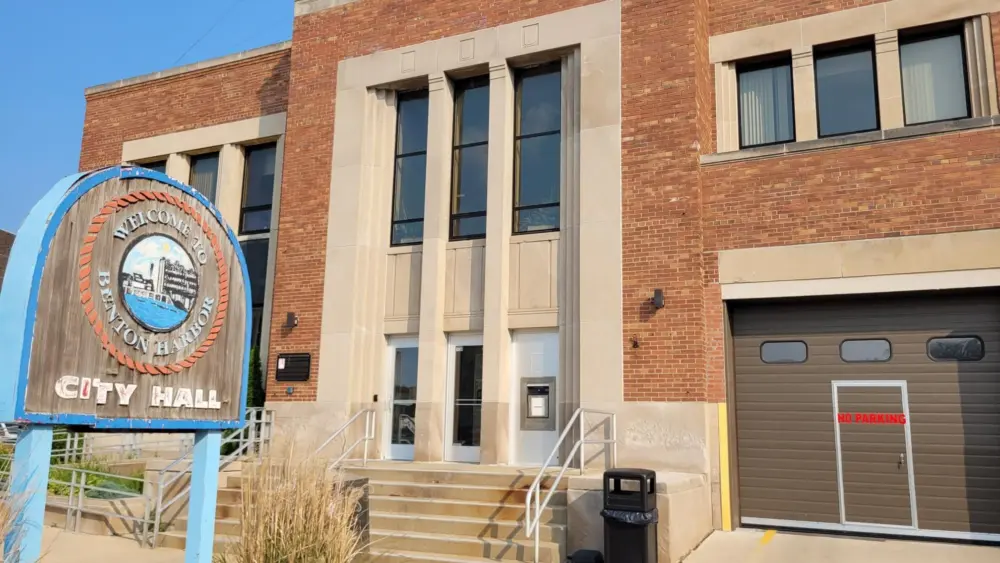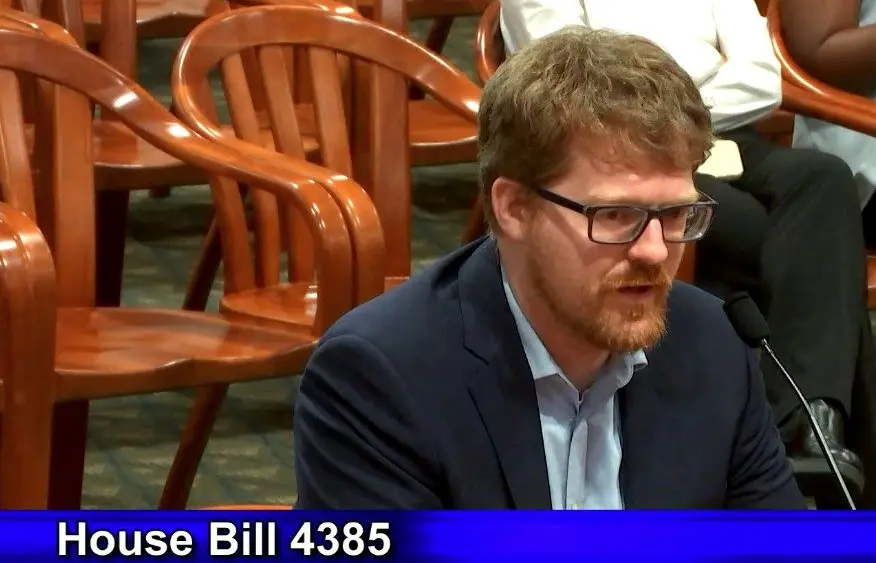A coalition of regional economic development groups on Monday released a list of 10 priorities aimed at boosting Michigan’s long-term growth, innovation, and prosperity.
Economic Development Leaders for Michigan, a group representing Michigan regions accounting for 79% of the state’s population and 84% of its gross domestic product, said the agenda focuses on business attraction and retention, community development, talent, and entrepreneurship.
Among the proposals are maintaining the state’s $100 million business development program, renewing funding for the Revitalization and Placemaking and Community Revitalization programs, and modernizing local development tools such as SmartZones and the Transformational Brownfield Program. The coalition also called for $50 million annually for site readiness, continued investment in the Going PRO Talent Fund, and a new $10 million workforce attraction initiative.
On innovation, the group urged lawmakers to double Michigan’s research and development tax credit to $200 million and restore funding for entrepreneurship and innovation programming to $100 million, up from the current $15.7 million.
Jonas Peterson, CEO of Southwest Michigan First, said the priorities are designed to help communities compete for job-creating opportunities.
“These unified priorities are designed to equip our regions and communities with the tools they need to compete for—and win—job-creating opportunities,” said Peterson.
“They reflect our shared focus on supporting and retaining existing businesses, attracting high-impact investments, revitalizing communities and growing the talent pipelines that will power Michigan’s future. By aligning around these competitive tools, we can strengthen our economy today and lay the groundwork for long-term opportunity and success.”
“These are exciting and transformational times for regional and statewide prosperity,” said Jaime Clark, President of Clark Logic. “The priorities outlined are strategic, actionable and essential to our state’s growth. They reflect the real needs of our communities and employers—from startups to legacy companies to mid-to-large organizations—providing the on-the-ground support to grow talent, expand opportunities and drive Michigan’s economy forward.”
EDLM members urge state policymakers, business leaders and stakeholders across Michigan to support and champion these initiatives as part of a collaborative strategy to secure Michigan’s future economic success.
—
The Top 10 Economic Development Priorities outlined by EDLM include targeted investments and policy reforms across four key categories:
Business Attraction and Retention
Maintain Business Development Program at $100 million to stay competitive for job-creating investments.
- Adopt a performance-based, accountable withholding tax incentive to support impactful project attraction and expansion.
Community Development
Renew and fund the Revitalization and Placemaking (RAP) Program at $50 million to support vibrant, place-based development.
- Renew and fund the Community Revitalization Program (CRP) at $50 million to reinvest in communities across Michigan.
- Modernize locally driven programs:
- SmartZone: Extend expiring TIF agreements by 15 years, with potential for additional extensions based on local approval.
- Transformational Brownfield Program: Simplify program access and remove funding caps to unlock more redevelopment opportunities.
- Fund the Regional Strategic Site Readiness Program at $50 million annually to accelerate development of competitive, investment-ready sites.
Talent
Maintain the Going PRO Talent Fund, emphasizing growth in advanced manufacturing and technology sectors.
- Establish a $10 million Regional Talent Attraction and Retention Fund to support locally tailored workforce initiatives.
Innovation & Entrepreneurship
Double the state’s R&D Tax Credit to $200 million to encourage more private-sector innovation.
- Recommit to regionally led Entrepreneurship and Innovation Programming at $100 million, restoring funding to 2012 levels (currently $15.7 million).






